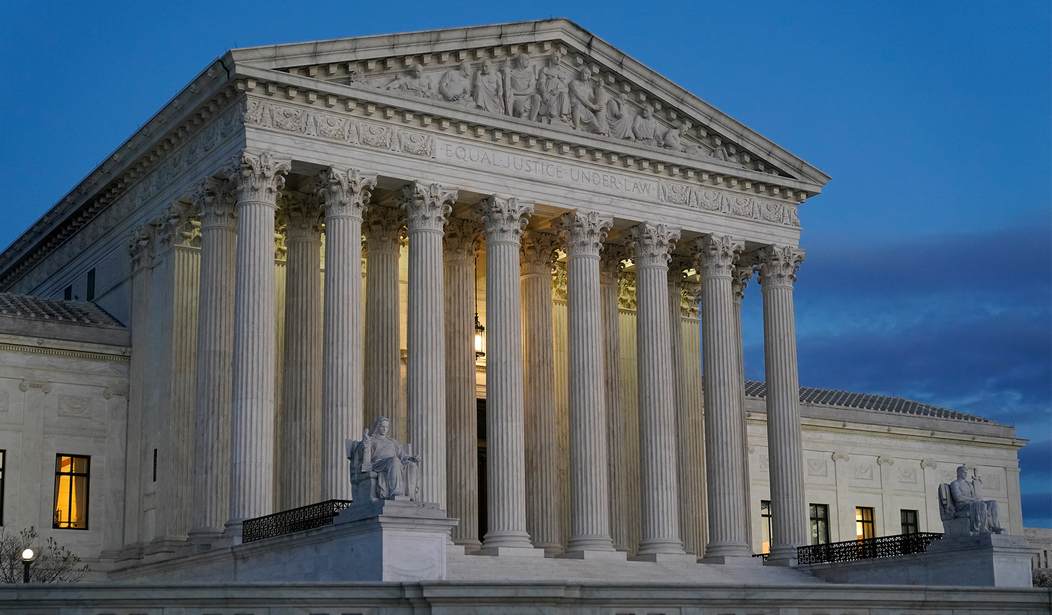The Supreme Court delivered some big news late this afternoon concerning the Biden border crisis. In a vote of 5-4, the Court left Title 42 in place for now. That huge sigh of relief you heard came from all those men and women serving on the southern border who are bracing for when the pandemic-era policy ends.
We know how bad the Biden border crisis is now so just imagine how it will be when Title 42 ends and the Biden administration has no plan in place. The Supreme Court actually did a favor for the administration because, though they promised last week to produce a plan on handling the southern border crisis when Title 42 ends, they have not done so. There have been some vague references to going back to Title 8 when Title 42 ends, but no real plan has been released.
When I published a post earlier today about CBP’s long delay in producing the November numbers of apprehensions along the border, I mentioned that we may know if the Court was making a decision on Title 42 today. I really didn’t expect it, though, to be honest, but here we are. The Supreme Court extended a temporary stay that Chief Justice John Roberts issued last week. The Court will leave the policy in place indefinitely at this time. Oral arguments will be heard in February. The Court will decide if it has the legal standing to intervene in the dispute.
How did we get here?
Immigration advocates sued to end the use of Title 42. They said the policy goes against American and international obligations to people fleeing to the U.S. to escape persecution. They’ve also argued that the policy is outdated as coronavirus treatments improve.
A federal judge sided with them in November and set a Dec. 21 deadline to end the policy. Conservative-leaning states appealed to the Supreme Court, warning that an increase in migration would take a toll on public services and cause an “unprecedented calamity” that they said the federal government had no plan to deal with.
Roberts, who handles emergency matters that come from federal courts in the nation’s capital, issued a stay to give the court time to more fully consider both sides’ arguments.
The federal government asked the Supreme Court to reject the states’ effort while also acknowledging that ending the restrictions abruptly would likely lead to “disruption and a temporary increase in unlawful border crossings.”
Nineteen Republican-led states will have their appeal heard in February. Five justices sided with those nineteen states, which include Texas and Arizona. The Biden administration is tasked with keeping the policy in place and enforcing it.
“The stay itself does not prevent the federal government from taking any action with respect to that policy,” the unsigned order said. The court’s review in February “is limited to the question of intervention.”
In an interesting twist, conservative Justice Gorsuch sided with the three liberal justices. He wrote the dissent.
The “current border crisis is not a COVID crisis,” he wrote in his dissent. “And courts should not be in the business of perpetuating administrative edicts designed for one emergency only because elected officials have failed to address a different emergency. We are a court of law, not policymakers of last resort.”
Gorsuch is right – Congress has to act to solve the border crisis. But, since that hasn’t happened in decades, efforts in securing the border keep ending up in court after court. Frankly, it wouldn’t make much difference anyway while Biden is in office. He refuses to enforce the laws that Congress has already put on the books. The battle has been kicked down the road for now until February.








Join the conversation as a VIP Member